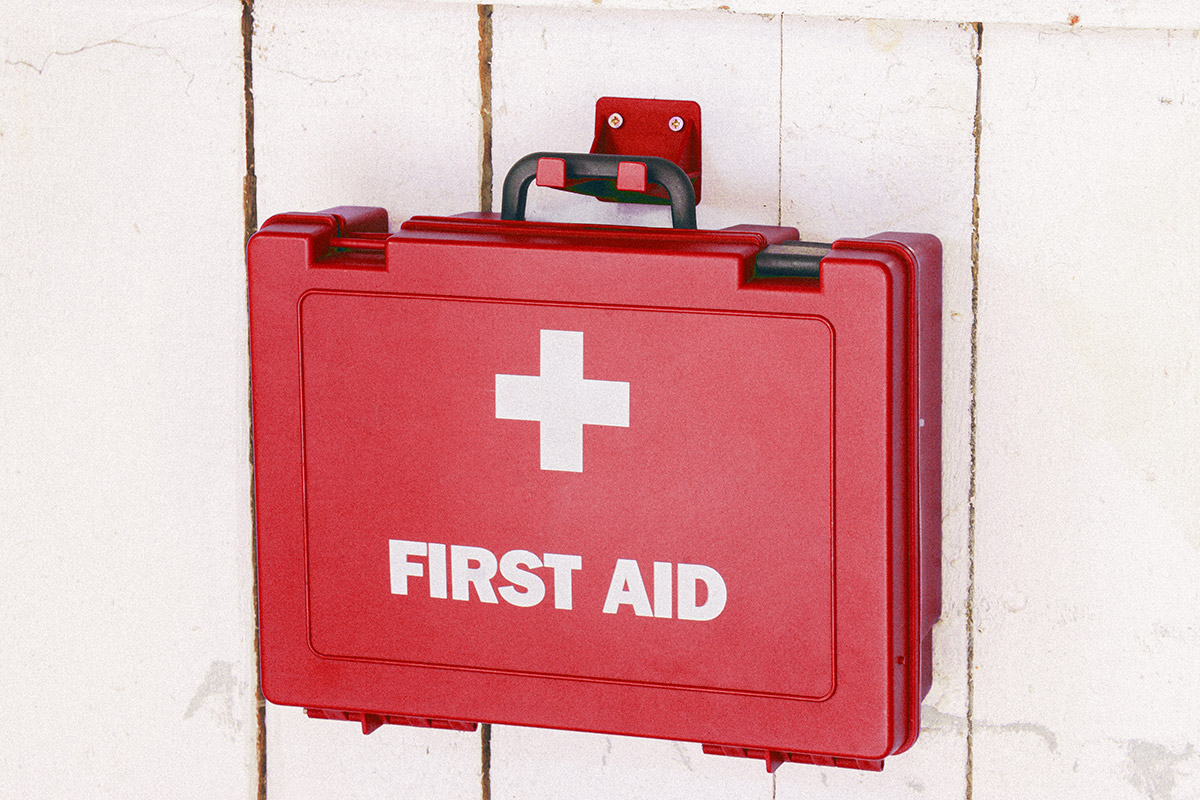
10 Things That Can Hurt Your Credit Score
This is part 1 of a 4-part series on credit.
Your credit score figures into much more than whether or not you qualify for a credit card. Establishing a good credit score is one way to help you save money and worry less about your financial situation. It can also be a contributing factor to getting a job, purchasing a home, buying a car, renting an apartment, setting up your utilities, your insurance rate, lower interest rates on loans, and more.
As a whole, people are taking better care of their credit—or at least are striving to be better informed. Many people want to have a good credit score, and often wonder what hurts their credit score. Most people are aware of the typical credit no-nos, such as late payments, collections, tax liens, bankruptcies and foreclosures, but there are other, lesser-known things that can lower your credit score as well. And not every action is created equal—some things hit harder than others.
We’ve decided to break down 10 things that lower your credit score and rate each one based on how much credit damage it may cause, so that you can be better informed on what affects your credit score both positively and negatively, and how you can take control of improving your credit score.
-
Getting a new cell phone
This one comes as a surprise to most. But since the process of purchasing a new cell phone usually includes the provider making a hard inquiry on your credit, it has the potential to drop your credit score by a few points. This full credit check request will remain on your report for two years. One or two of these in a two-year time period won’t do too much harm, but this is definitely something that you’ll want to keep an eye on!
Credit Damage Rating: Minimal damage
-
Not paying your parking tickets
If you’ve received a parking ticket, you’ll want to be sure to pay it on time. Depending on where you live, unpaid parking tickets may get referred to a collection agency. Having an unpaid account go to collections will drastically reduce your credit score. This goes for utility bills and library fees too. So whatever you need to do to pay a parking ticket on time, whether it’s an alarm on your phone or a sticky note on the fridge, you’ll definitely want to get it taken care of to avoid some hefty consequences.
Credit Damage Rating: Substantial damage
-
Using a business credit card
If you use a business credit card for expenses, it more than likely carries your personal guarantee—just like all the other cards in your wallet. This means your credit will be affected if your company doesn’t pay the bill. This is definitely something you’ll want to keep in mind if you’re not great at turning in your expense reports on time!
Credit Damage Rating: Moderate damage
-
Asking for a credit limit increase
You may not think this belongs on the list of things that lower your credit score because it can both help and hurt your score. On one hand, it could help your credit score in the long run as long as you are vigilant about consistently making payments and meeting deadlines. But in the short-term, it could lower your score when they look into your credit each time you make a limit increase request. Since each financial institution is different, it’s a good idea to call and ask if they will initiate a hard or soft inquiry with this request. A soft inquiry doesn’t affect your score at all, whereas a hard inquiry will leave a mark on your credit.
Credit Damage Rating: Minimal damage
-
Closing an unused credit card
It may seem counterintuitive, but this is actually a bad idea. Closing an unused credit card increases your utilization rate (the percentage of your available credit that you’re currently using), which is one of the things that can lower your credit score. Always keep your oldest credit card open. The long credit history is a major plus and a great way to increase your chances for a good credit score! Mountain America recommends to "keep revolving accounts open, such as credit cards. This is especially helpful for those that have a limited credit history. The closed account will still count towards your credit age, but will lower your points in credit utilization, which accounts for 30% of your FICO score. Closing a revolving account reduces your overall available credit and can greatly damage your credit score. Be conscious of the credit cards you apply for and ensure you can use them long term."
Credit Damage Rating: Substantial damage
-
Not using your credit cards
The problem here is that the account may be closed by the issuer due to inactivity, which would result in your utilization rate going down as mentioned before. Unfortunately, if you’re not using the account, you may not realize your credit score has taken a hit until it’s too late. So it's important to remember which credit cards you have and how you're using them. If you have a credit card you only use for emergencies, for instance, you may want to set a calendar reminder in your phone to alert you to check that account and make sure it's still active, or to use it every few months or so to keep the account open. Be intentional about your credit card usage. If you’re wanting to keep the outstanding balance low, use it only for essentials, such as gas and groceries, and pay it off each month with money from your checking account. This will ensure that the credit card is used widely.
Credit Damage Rating: Moderate damage
-
Using a debit card to rent a car
Rental agencies prefer you use a credit card, but since not everyone has access to a credit card, they usually have options available for using a debit card. However, it’s complicated, and worse, they usually pull your credit with this payment option. And, you guessed it, this results in a hard inquiry, which will decrease your score by a few points. Using a debit card to rent a car is something that can be easily avoided, so when possible, opt for using your credit card instead!
Credit Damage Rating: Minimal damage
-
Opening an account at a new financial institution
Whether you’ve had a bad experience or you just want something different, your new account may require an inquiry into your credit. Before you apply, ask what their process is to see if it’s going to leave an impact on your credit score.
Credit Damage Rating: Minimal damage
-
Delinquent child support
If you’re not making your child support payments or not making them on time, you could be subject to collections and possibly a court judgment against you—both of which are severely detrimental to your credit score. Set reminders for yourself so that you can stay on top of these payments. Being up to date on child support payments is a surefire way to start taking better care of your credit.
Credit Damage Rating: Substantial damage
-
Financing a major purchase
You’ve seen the offers—0% interest for a certain number of months. These offers can be pretty enticing, but can also prove to be detrimental to your credit score. Whether you’re financing a roomful of furniture, braces for your 12 year old, or making some other large purchase, these attractive offers will lower your credit score for two reasons. First, this type of loan is often viewed as a “last resort” loan, which could make you seem like a higher credit risk. Second, the loan is essentially a line of credit. If you borrow $3,000 to pay for braces, your credit report will show a line of credit for $3,000 that is totally maxed out, and it could negatively affect your utilization rate. When faced with these options, take a step back and consider if it’s something that you truly need to take advantage of, or if there is another way to make the purchase.
Credit Damage Rating: Substantial damage
Smart Financial Planning
Understanding what goes into your credit score and how it’s affected by different actions will help you plan your financial strategy, and help you be smarter and more intentional with your money. Are you trying to get out of debt? Or are you just trying to be more financially aware and purposeful about your money? Whatever the reason, a quick meeting with a financial advisor can be eye opening—and it may even help resuscitate a falling credit score!
Mountain America Credit Union is here to help. Our knowledgeable financial advisors are available to help you decide which path to take and how to achieve your financial dreams.Schedule an appointment today to make a plan of attack for improving your credit score and taking those first steps to become financially free.
This is the first installment in our credit series. Be sure to check out the other posts in this series:
Part 2—How to Find Errors in Your Credit Report
Part 3—Credit Scores: Keep Your Glass Half Full
Part 4—Teach Your Kids about Credit
Related Articles

How to Protect Your Credit During the Holidays

